Sir Gregory “Greg” Winter, former Master of Trinity, scientist and entrepreneur, Nobel Prize in Chemistry 2018 “for the phage display of peptides and antibodies” will kindly join us for a video discussion
All Trinity members – Fellows, Past Fellows, students, alumni very welcome
On Friday 19 March 2021 at 7pm (Tokyo time), 10am (London/Cambridge time) our former Master Sir Greg Winter has very kindly agreed to join us for a video-discussion from Cambridge.
Prior registration required until Thursday 18 March, please register using the feedback form at the bottom of this page.
Trinity in Japan Youtube Channel – by participating you agree to the upload of the recording to websites and social media:
https://www.youtube.com/trinityjapan?sub_confirmation=1
Sir Greg is our former Master, he is both scientist and entrepreneur. As researcher, Sir Greg humanized antibodies for therapies using phage display, for which he was awarded the Nobel Prize in Chemistry 2018. As entrepreneur, Sir Greg founded and built the companies Cambridge Antibody Technology, Bicycle Therapeutics and Domantis. Sir Greg’s work is behind globally top-selling human antibody drugs with big and pioneering impact on global health.
If you have questions for the discussion with Sir Greg, to make best use of Sir Greg’s time, the best will be if you could send me questions before hand by email, so I can moderate the discussion.
The meeting will be fully online via ZOOM on Friday 19 March 2021 as follows:
- 7pm (Tokyo time)- event starts
- 7:15pm – 8:15pm video discussion with Sir Greg Winter
- 8:15pm – follow-on discussions
There is no fee.
Please register using the form below. There is a maximum number of participants.
About Sir Greg Winter
https://en.wikipedia.org/wiki/Gregory_Winter
Nobel Prize in Chemistry 2018
https://www.nobelprize.org/prizes/chemistry/2018/winter/facts/
https://www.nobelprize.org/prizes/chemistry/2018/press-release/
https://www.trin.cam.ac.uk/news/sir-gregory-winter-jointly-awarded-2018-nobel-prize-in-chemistry/
Photograph copyright notice
Licensing
OTRS Wikimedia
This work is free and may be used by anyone for any purpose. If you wish to use this content, you do not need to request permission as long as you follow any licensing requirements mentioned on this page.
Wikimedia has received an e-mail confirming that the copyright holder has approved publication under the terms mentioned on this page. This correspondence has been reviewed by an OTRS member and stored in our permission archive. The correspondence is available to trusted volunteers as ticket #2016083010007286.
If you have questions about the archived correspondence, please use the OTRS noticeboard.
Ticket link: https://ticket.wikimedia.org/otrs/index.pl?Action=AgentTicketZoom&TicketNumber=2016083010007286
This file is licensed under the Creative Commons Attribution-Share Alike 4.0 International license.
Attribution: Aga Machaj
You are free:
to share – to copy, distribute and transmit the work
to remix – to adapt the work
Under the following conditions:
attribution – You must attribute the work in the manner specified by the author or licensor (but not in any way that suggests that they endorse you or your use of the work).
share alike – If you alter, transform, or build upon this work, you may distribute the resulting work only under the same or similar license to this one.
To pre-register & enquiries
All Trinity members, Fellows and students globally are very welcome to pre-register, and I will send a registration link if there are still places available.
Copyright (c) 2020-2021 Trinity in Japan Society All Rights Reserved
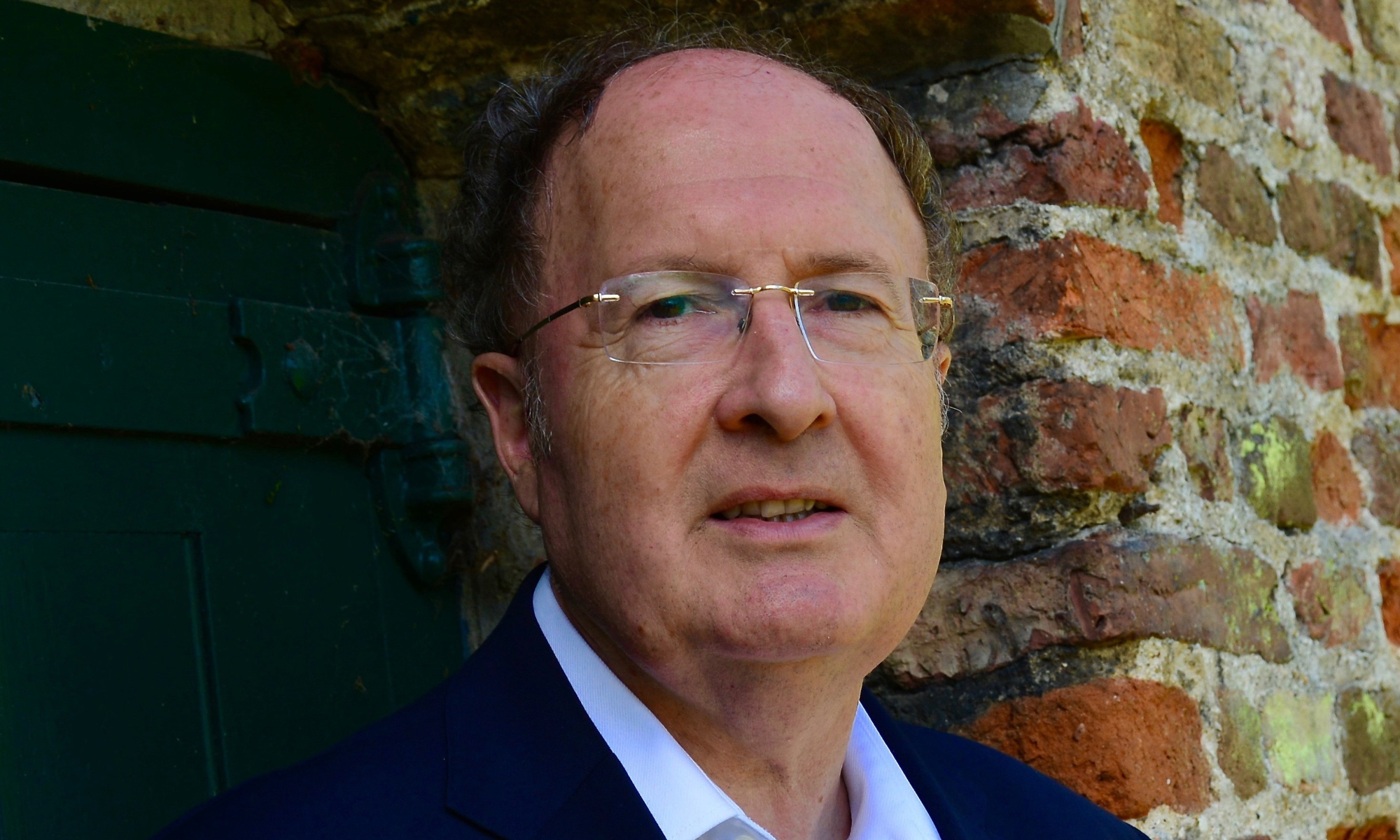
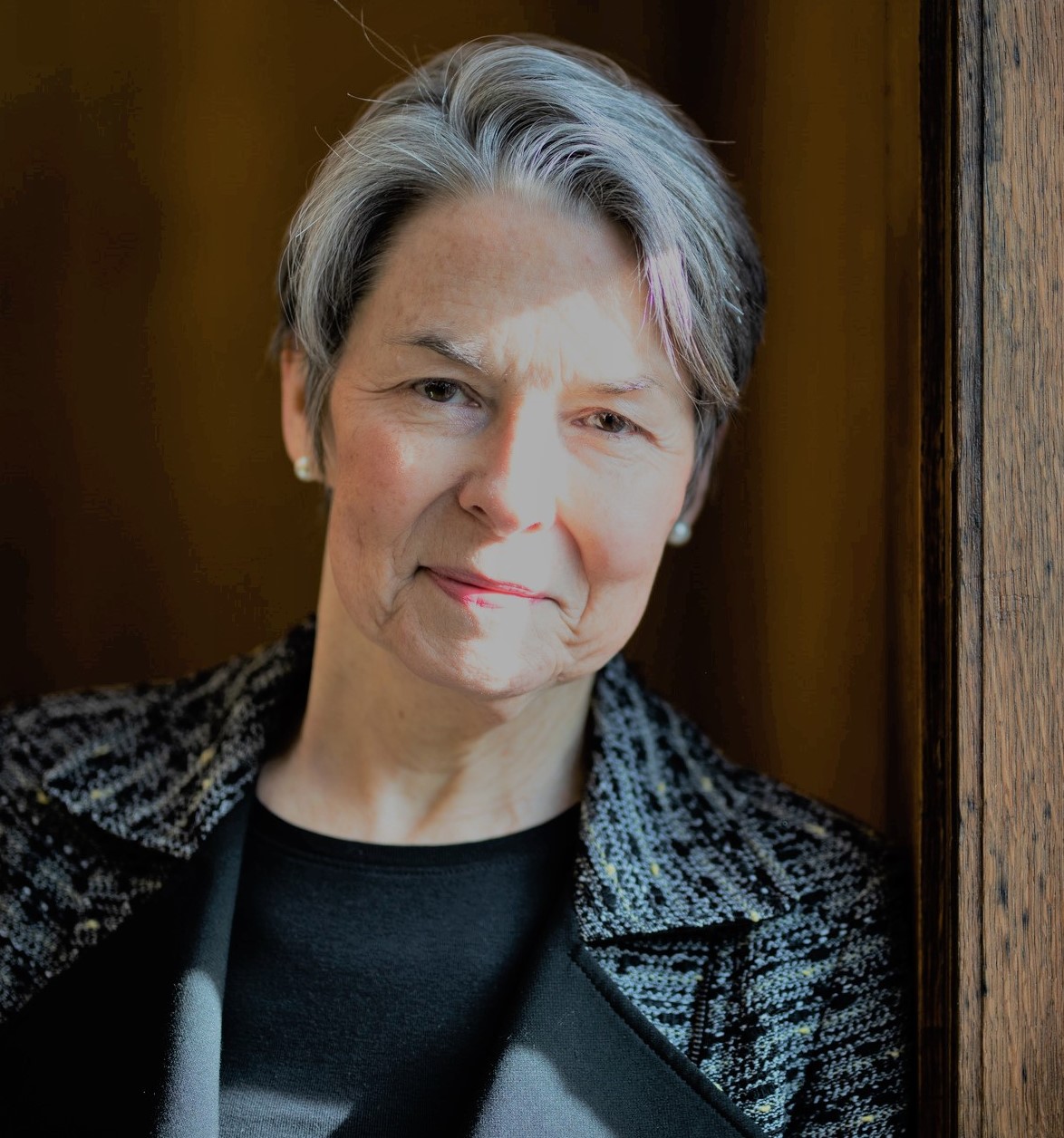
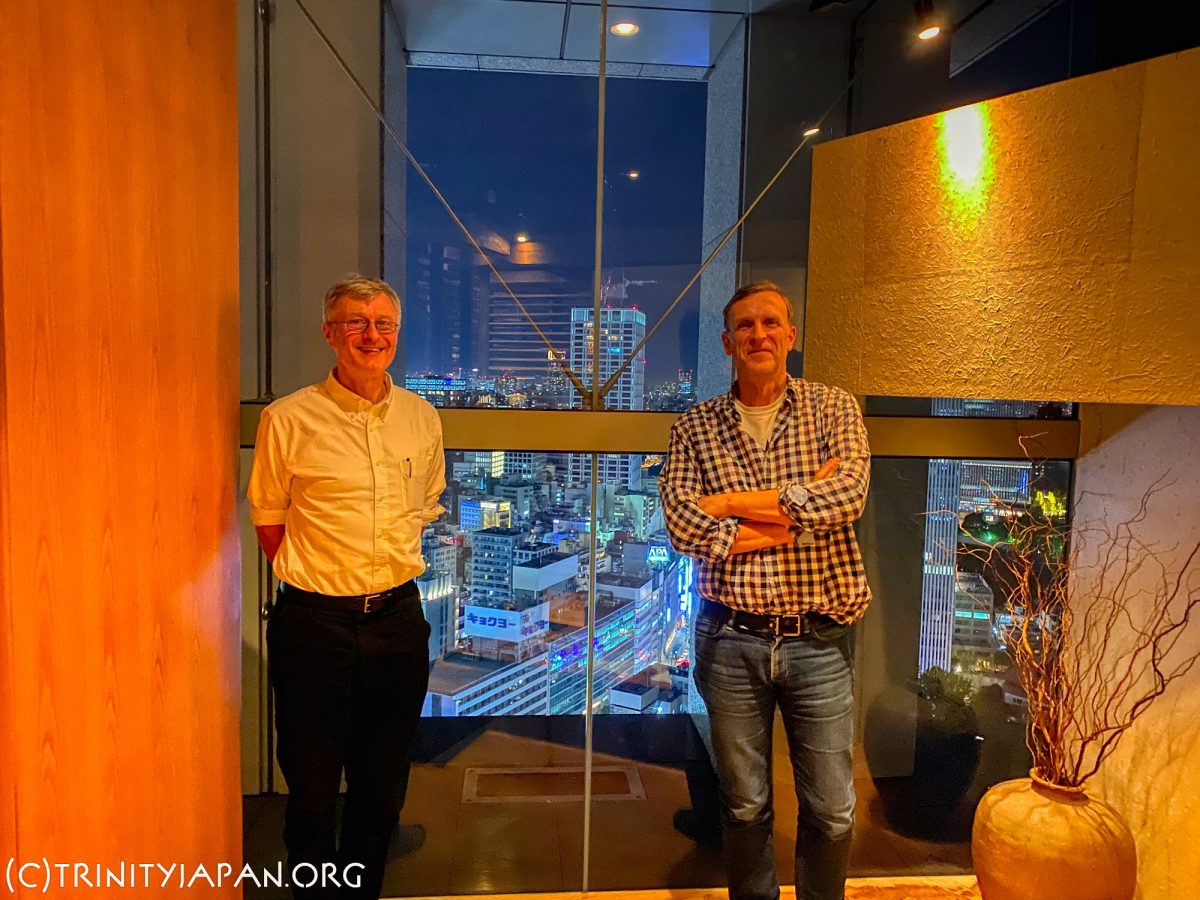

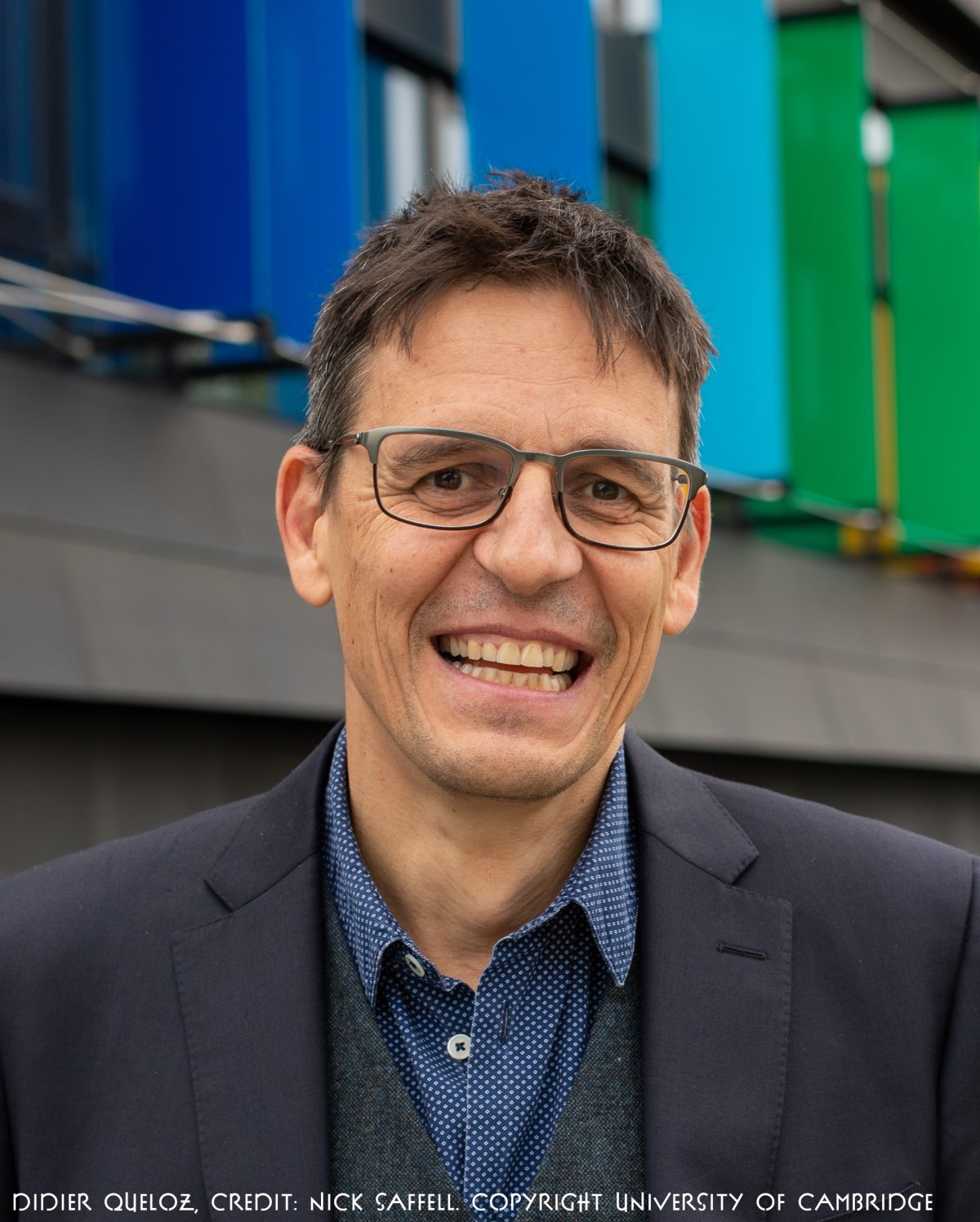
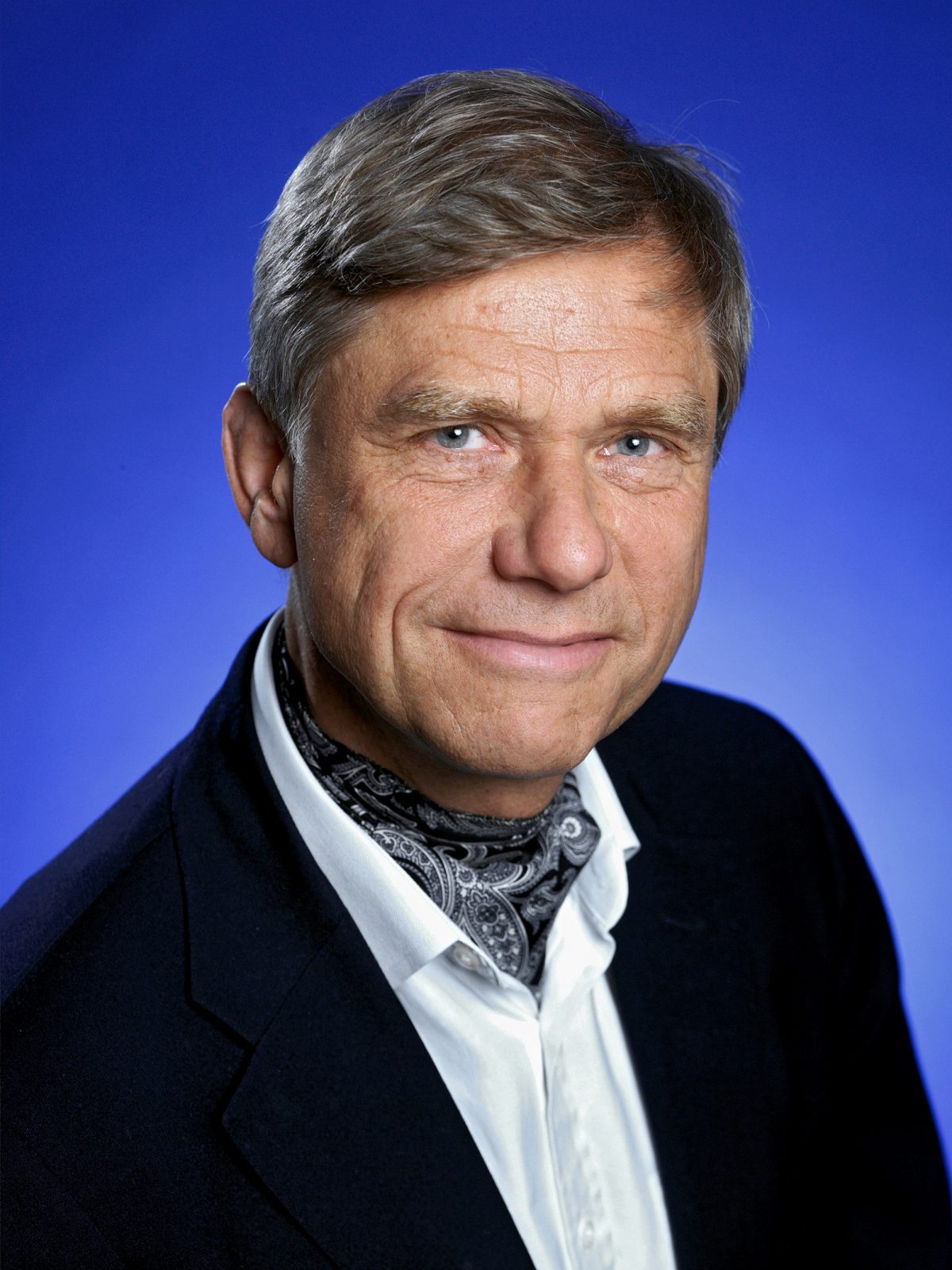





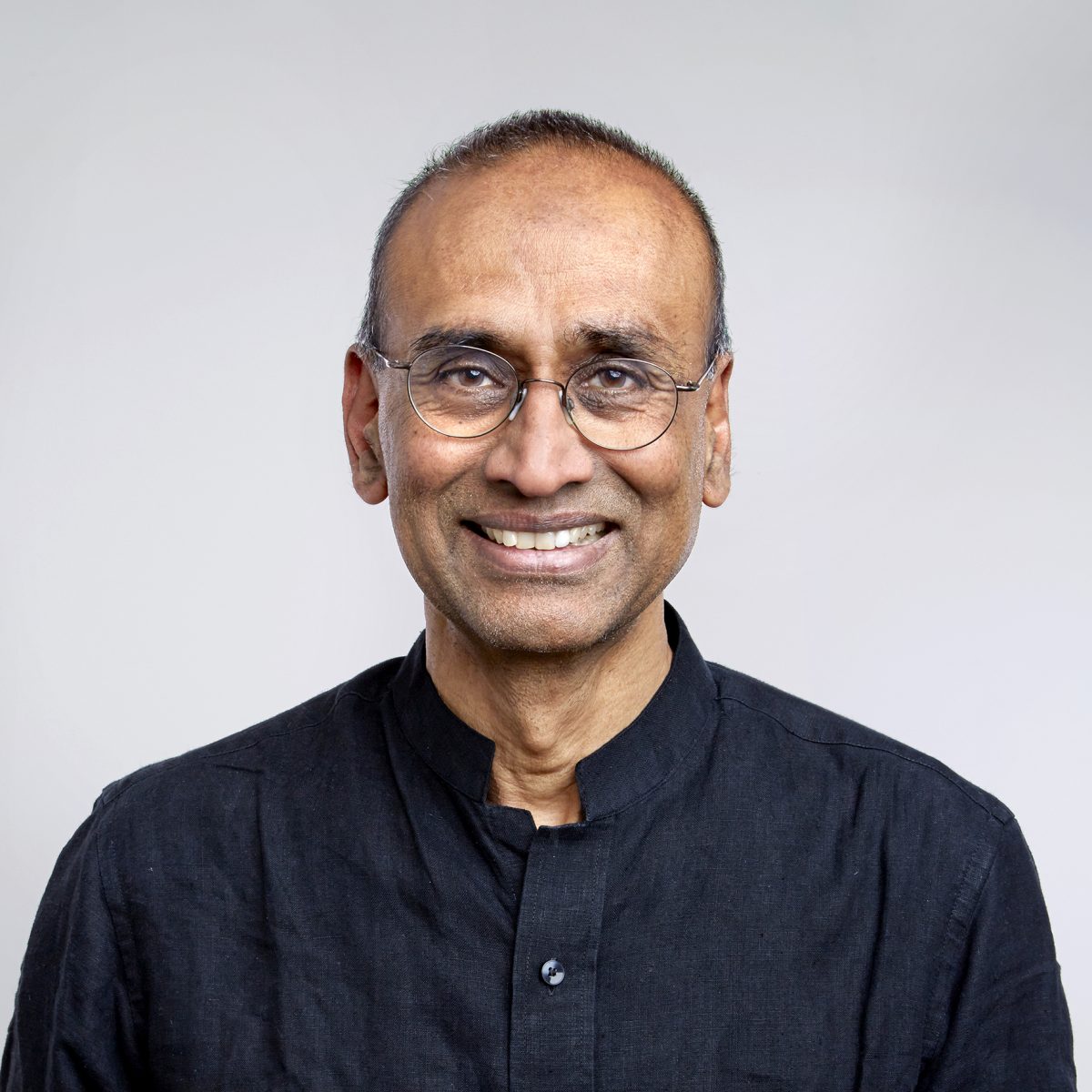





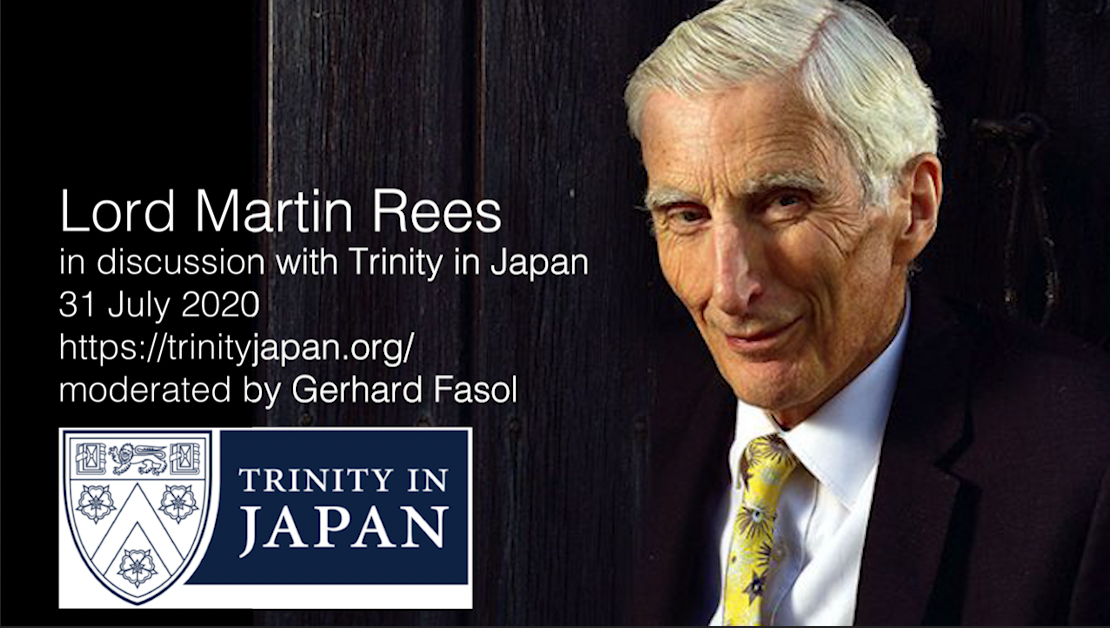








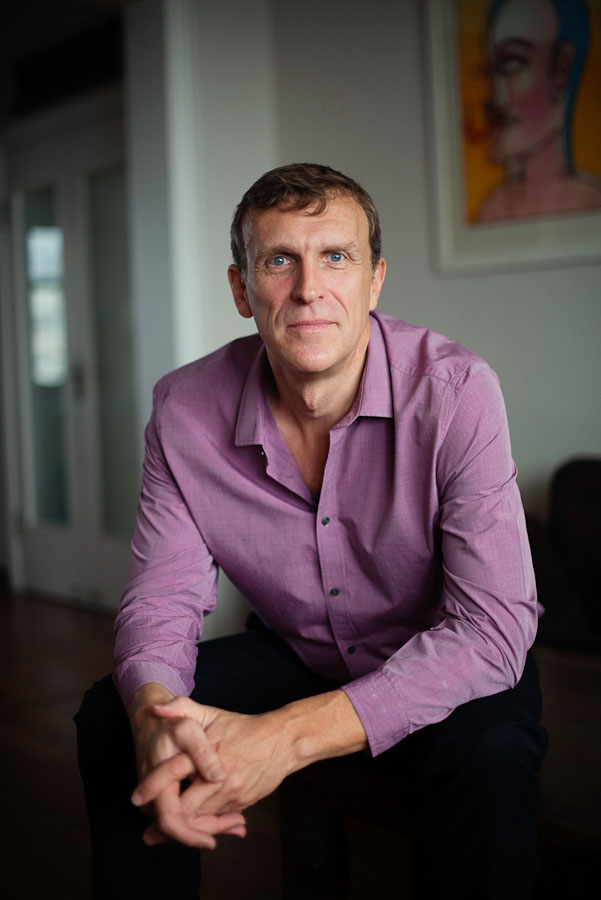
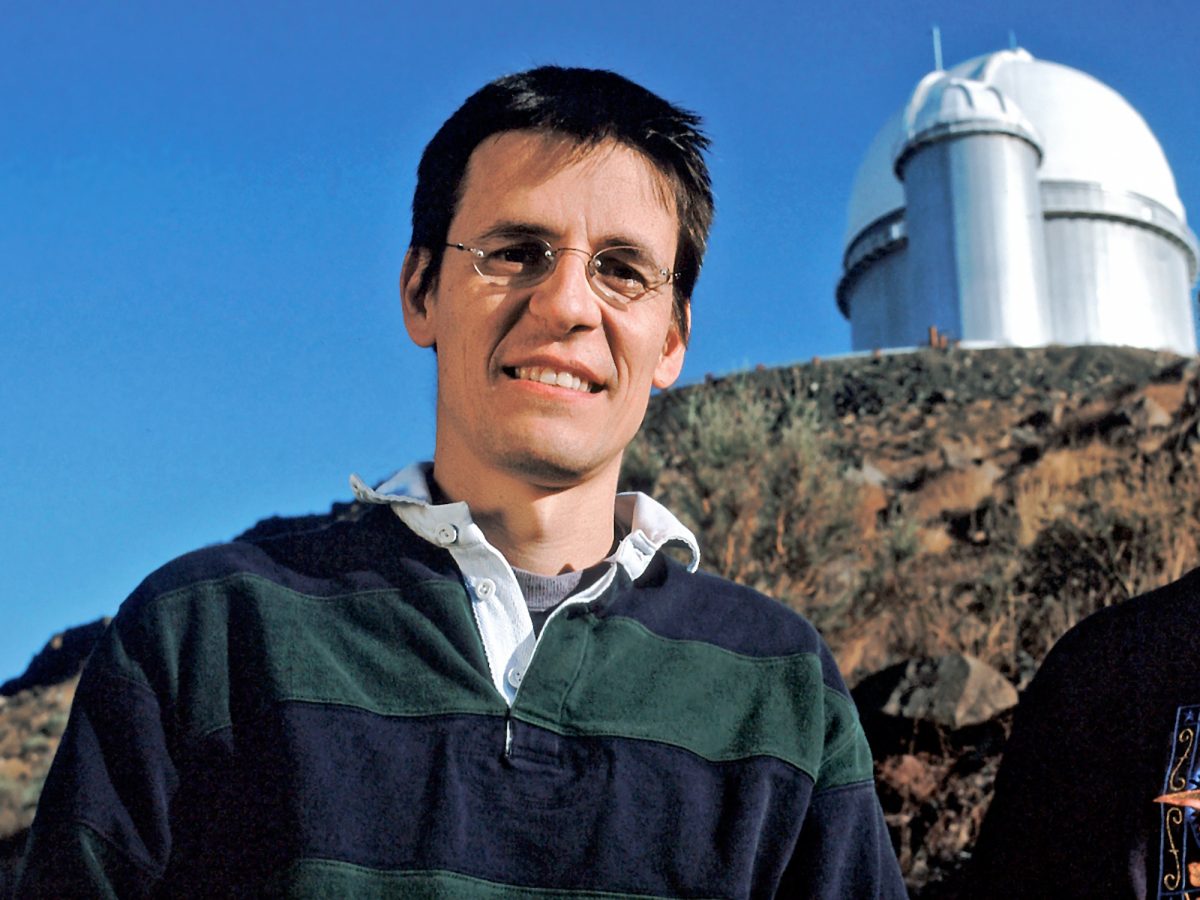
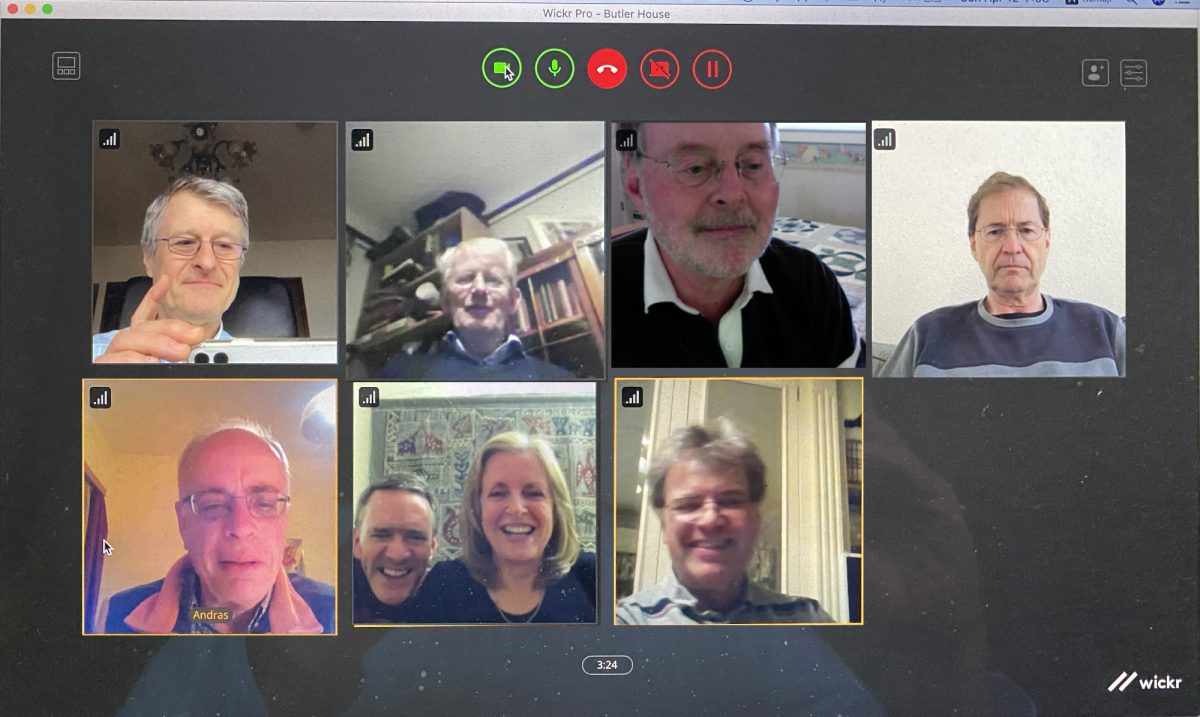





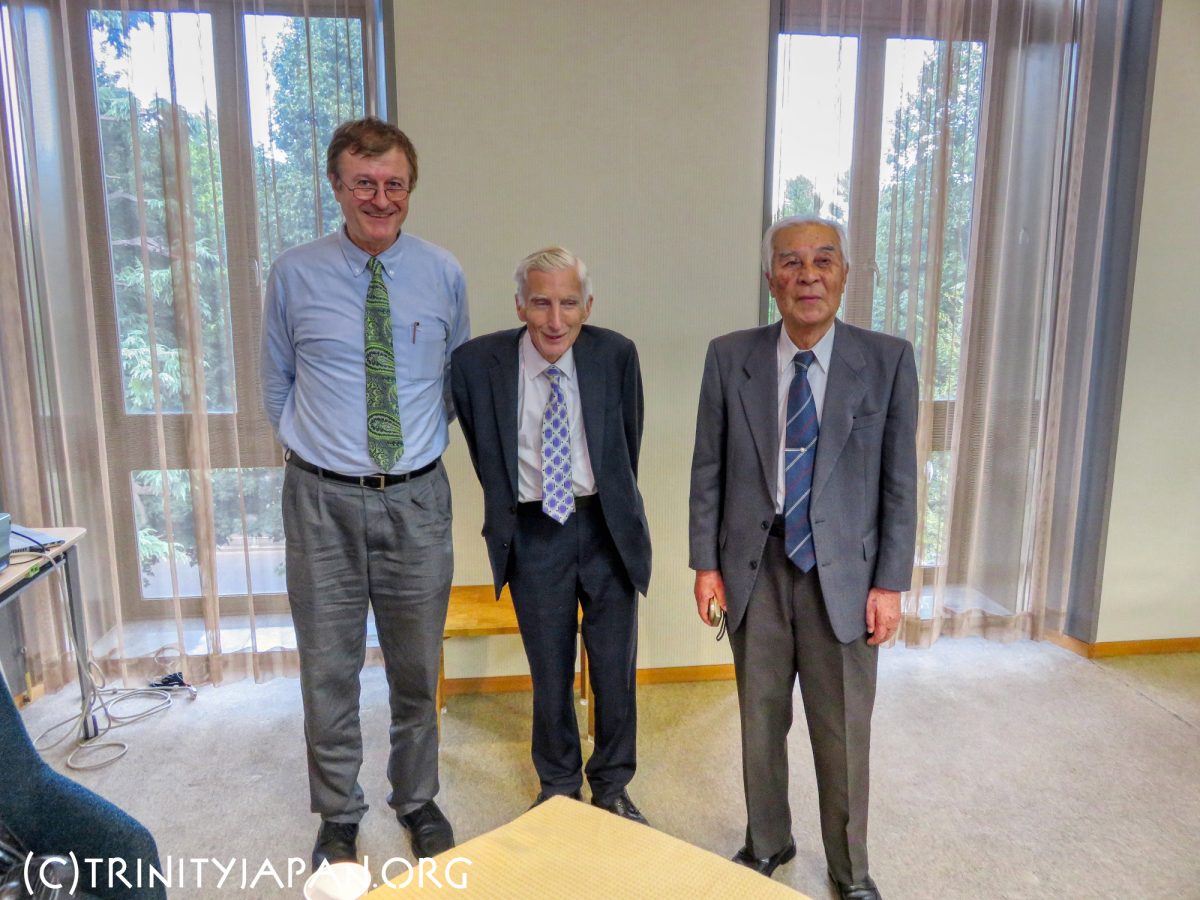






![John MacGinnis on excavating a provincial capital of the Assyrian Empire, introduced by Chikako Watanabe. 23 March 2020 [online]](https://trinityjapan.org/b/wp-content/uploads/2020/01/Photo-1.jpg)



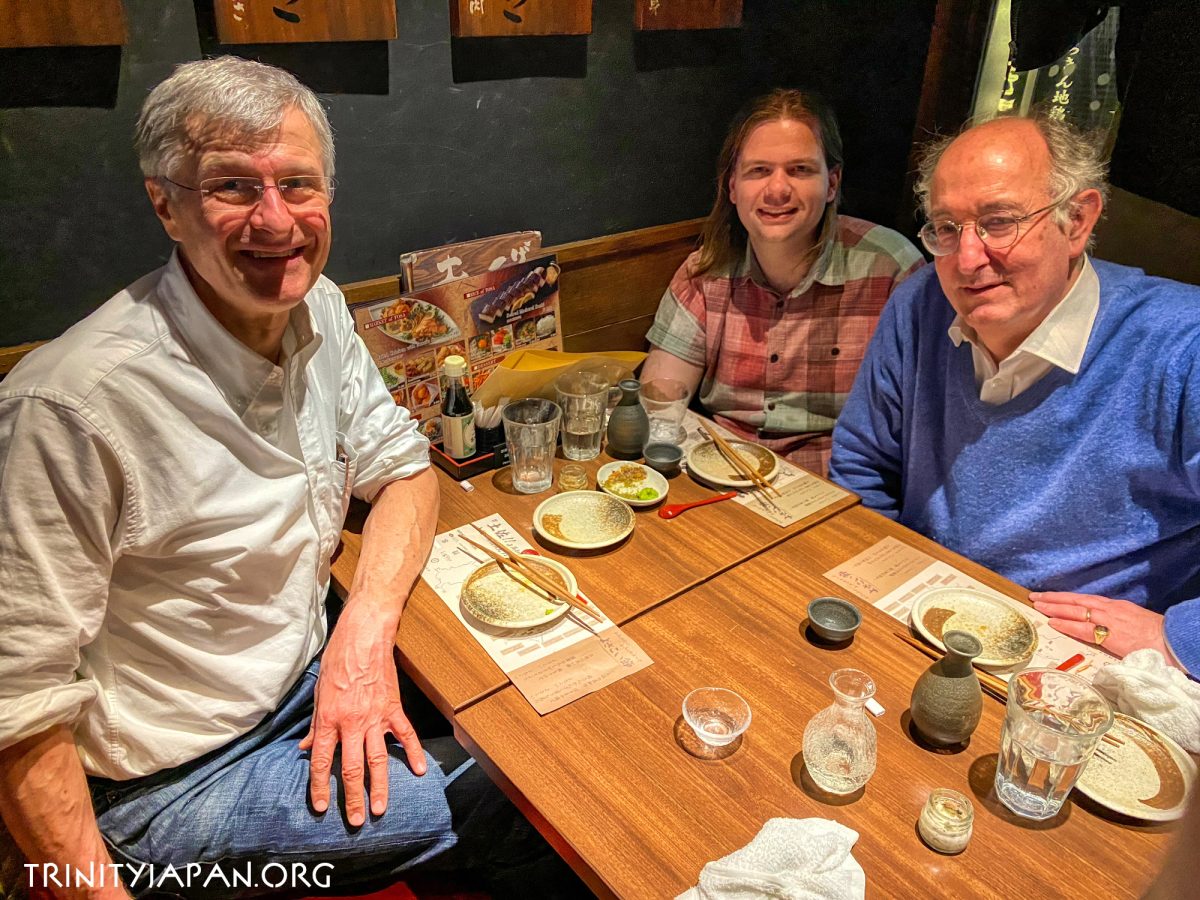


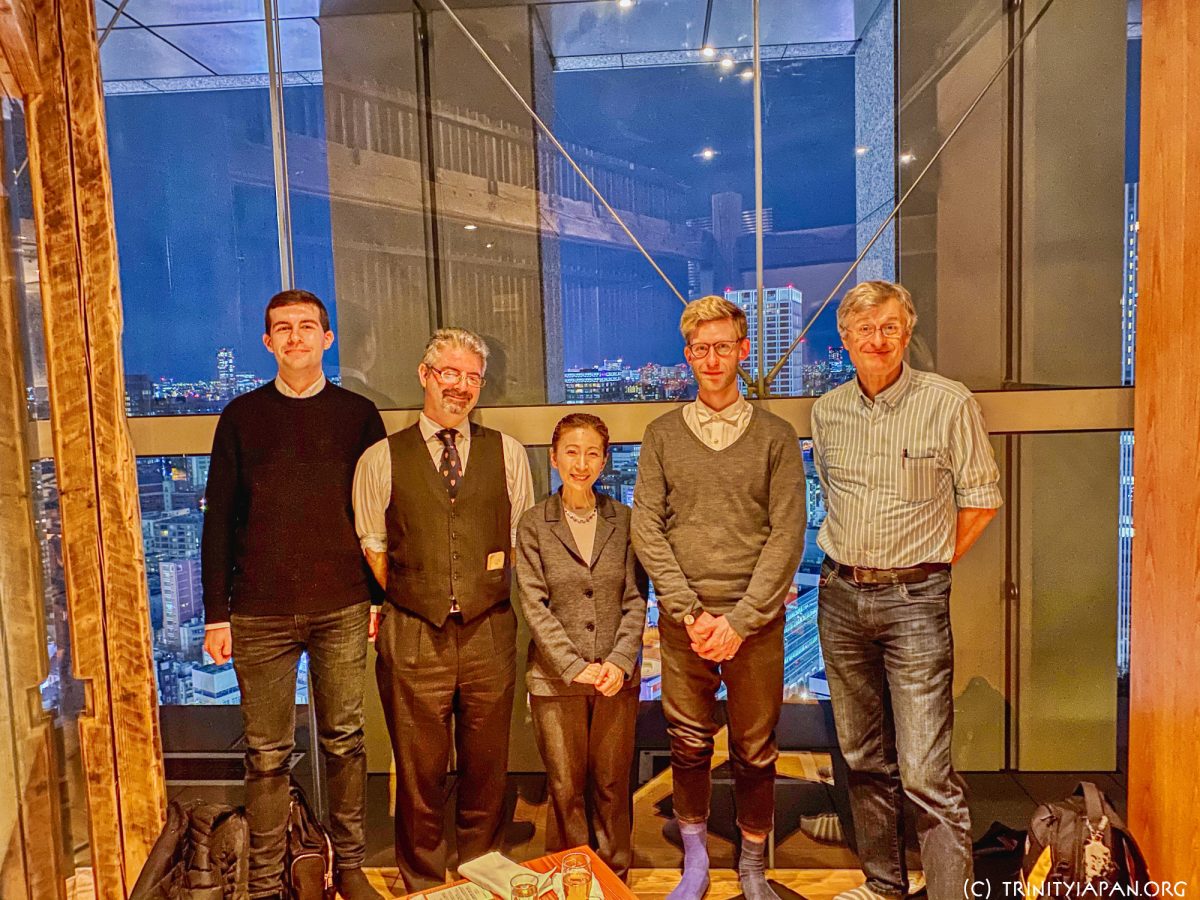




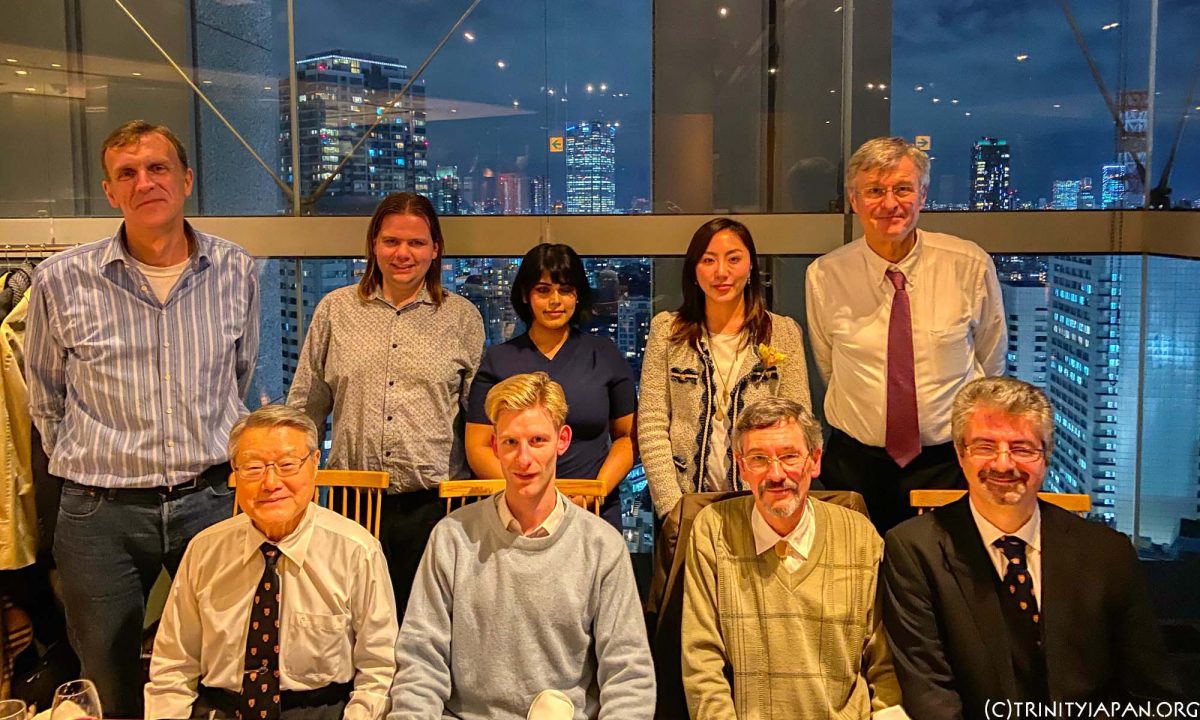






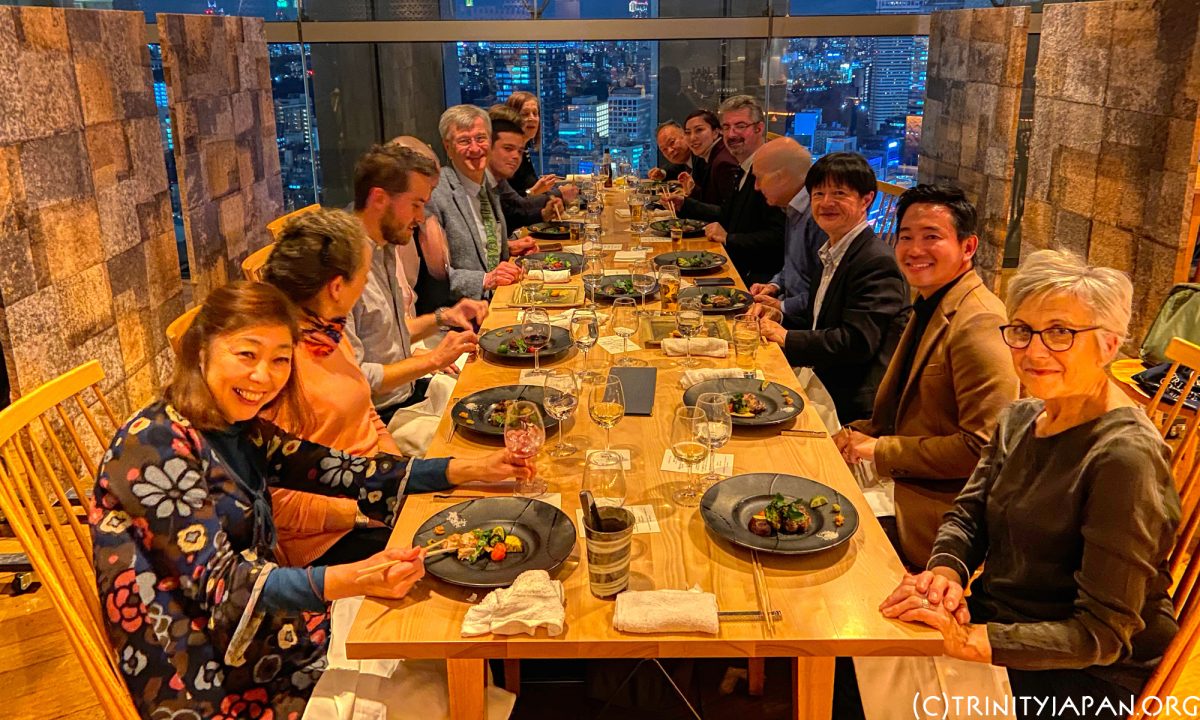










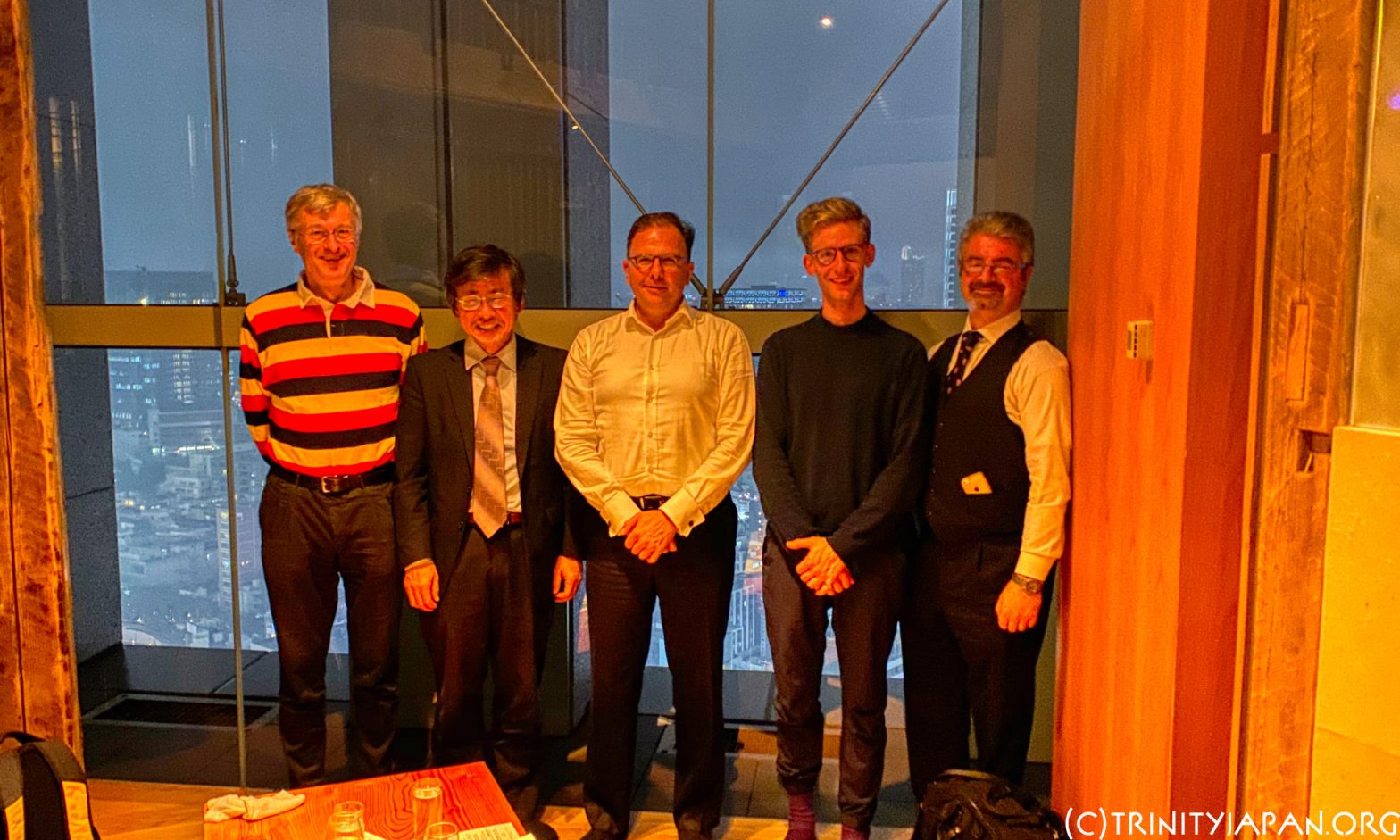









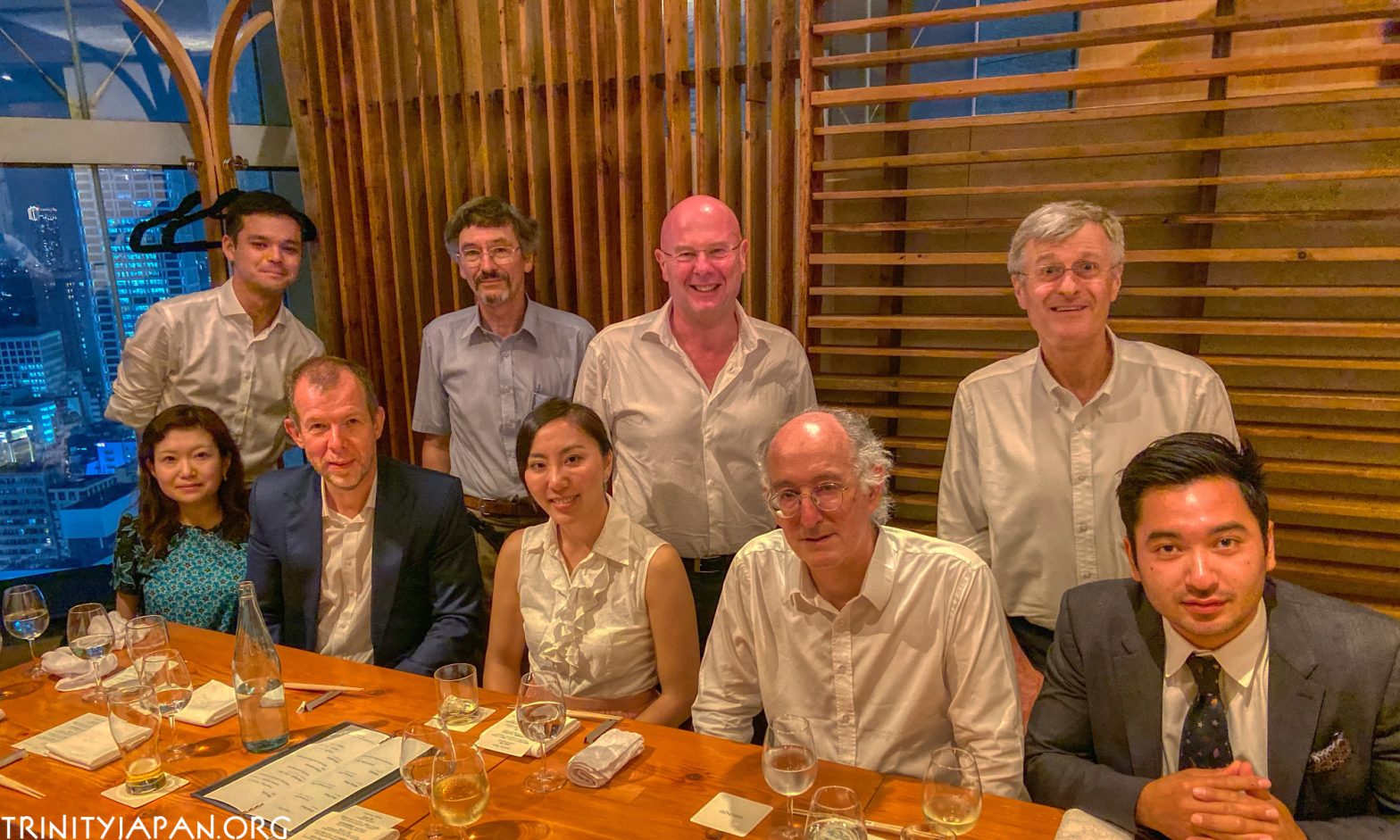







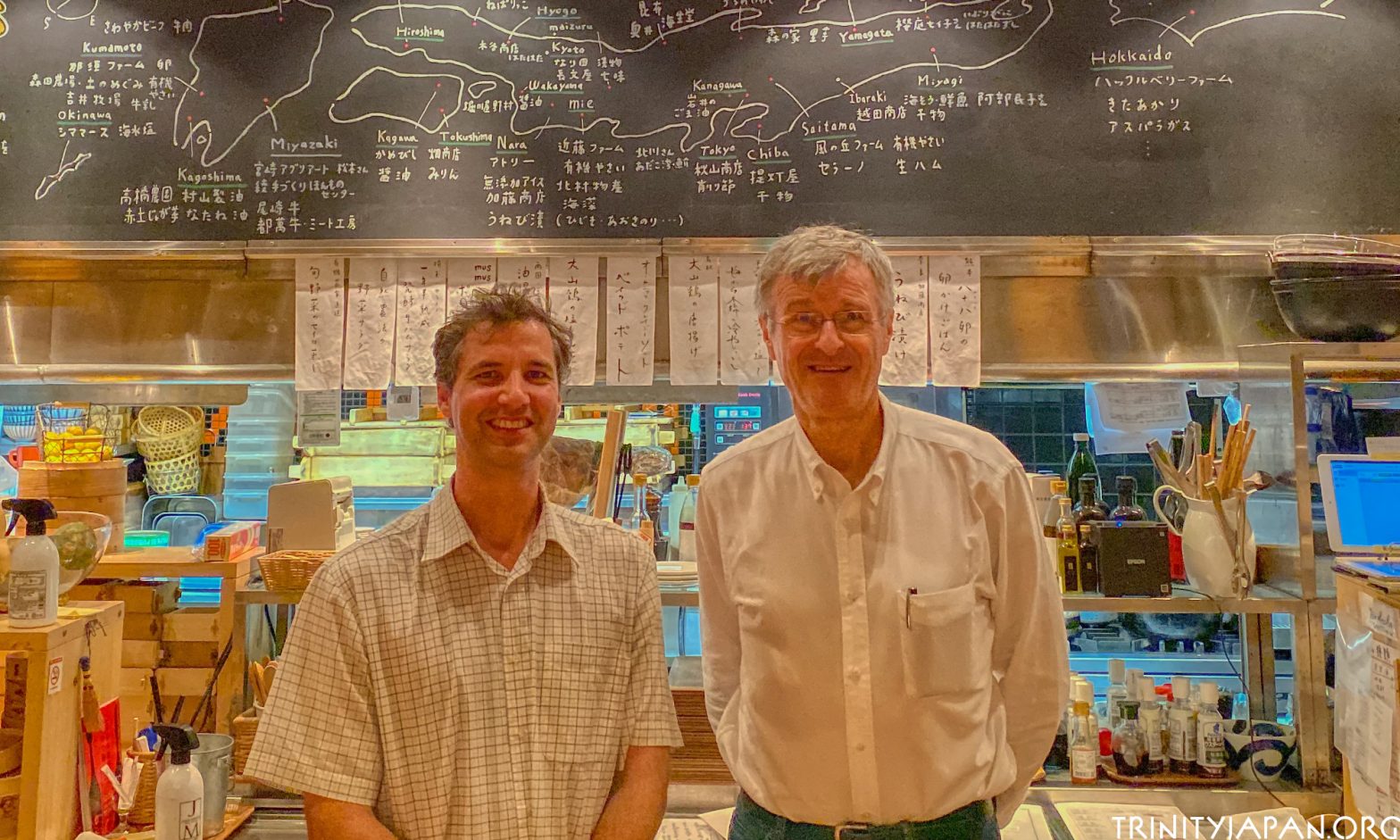



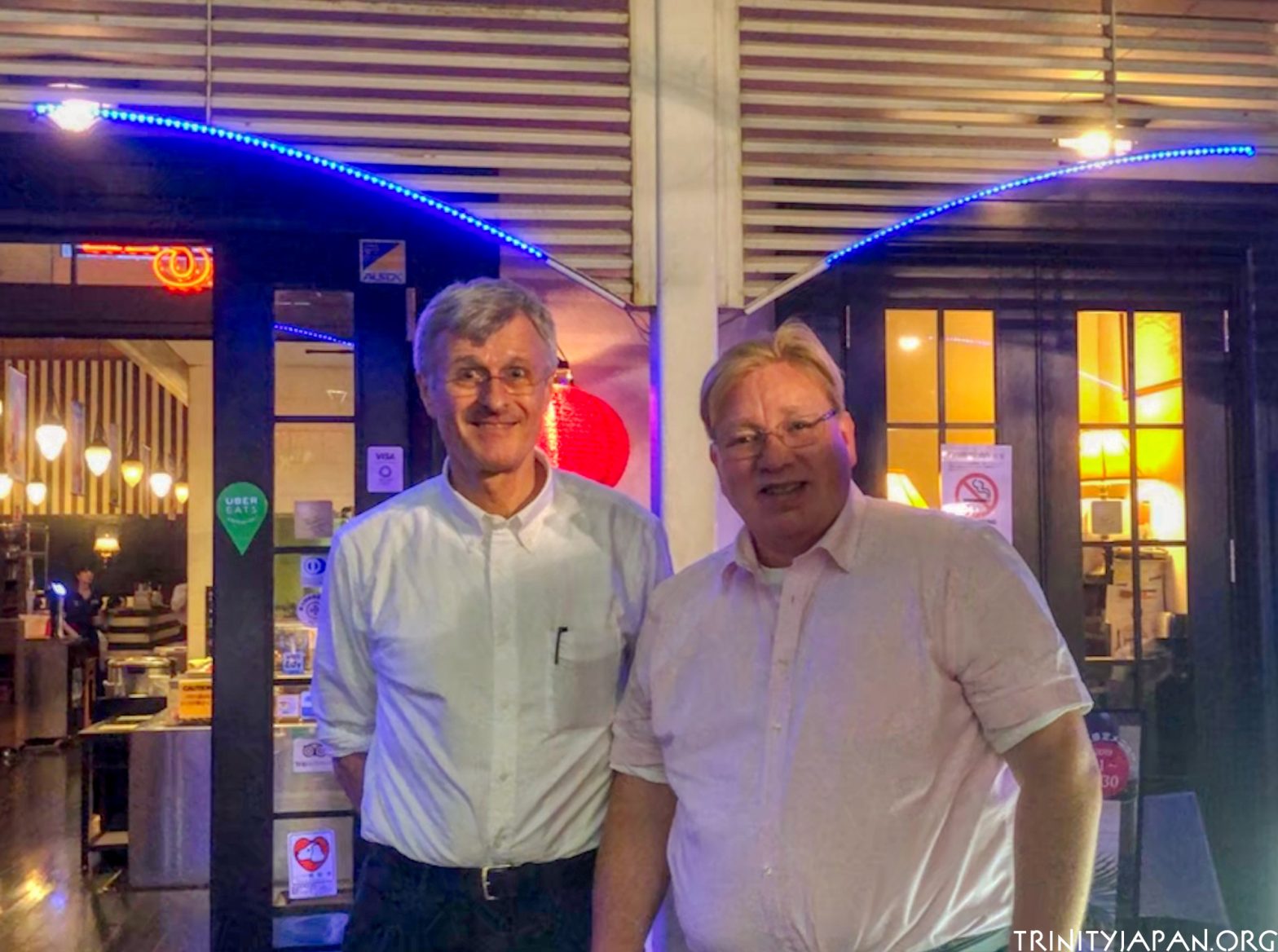

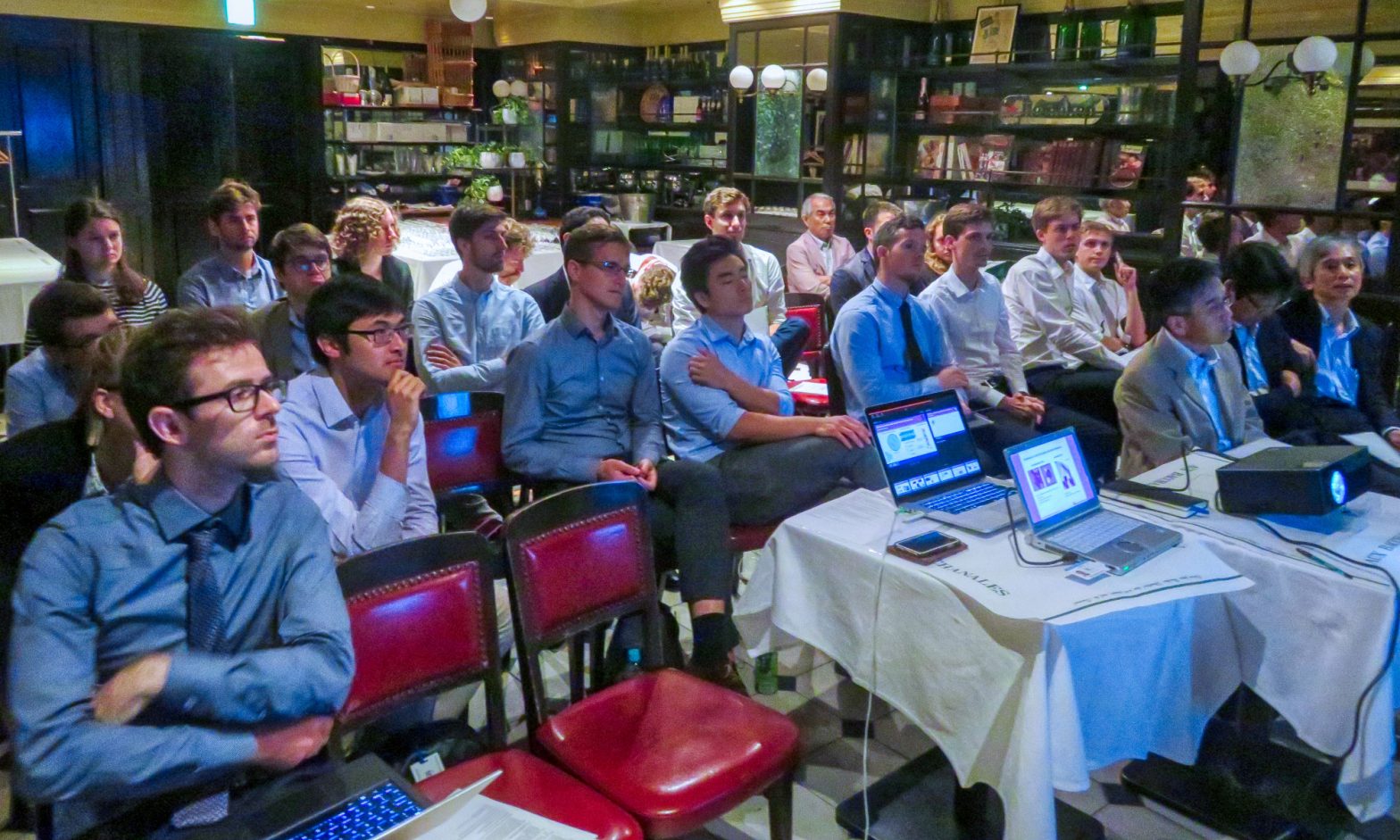
































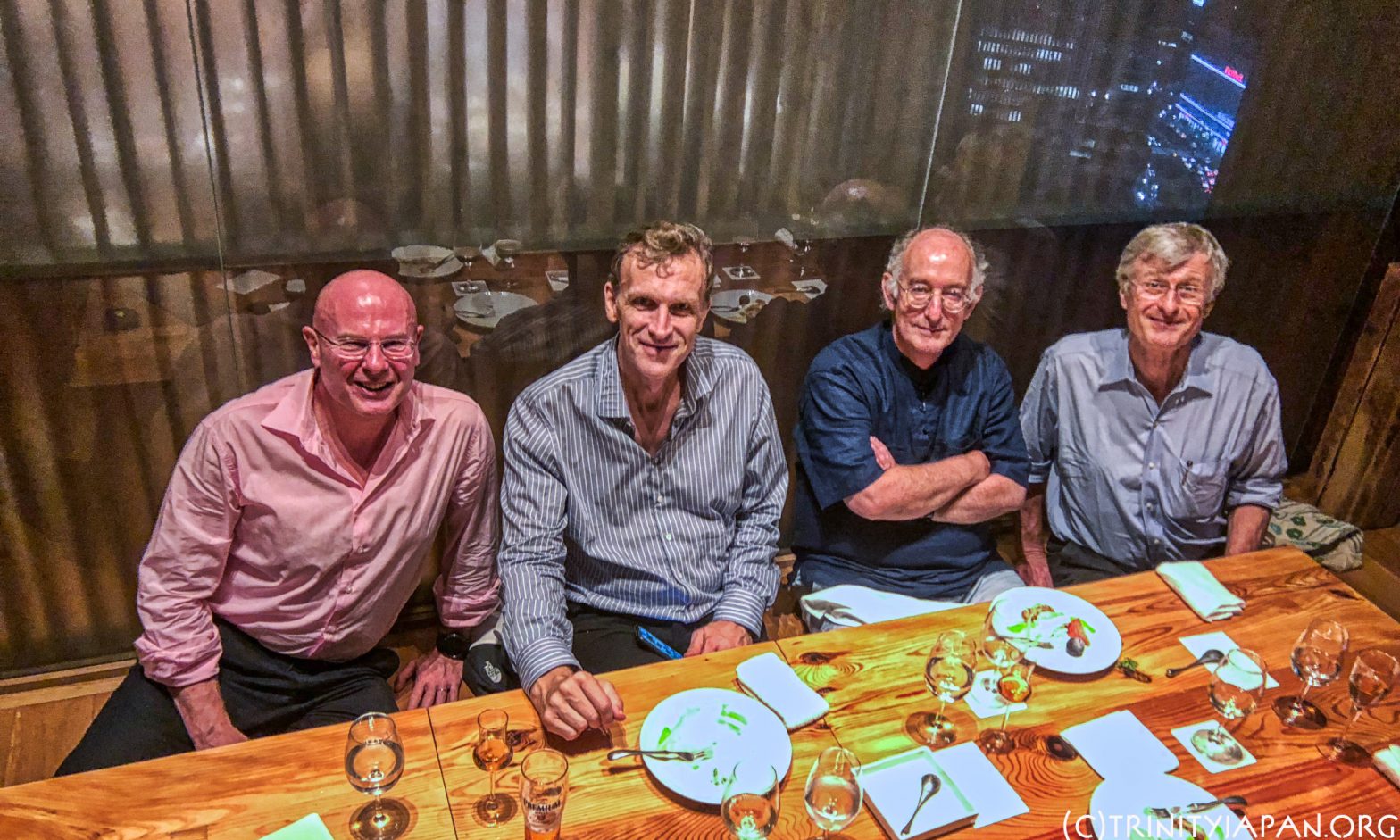




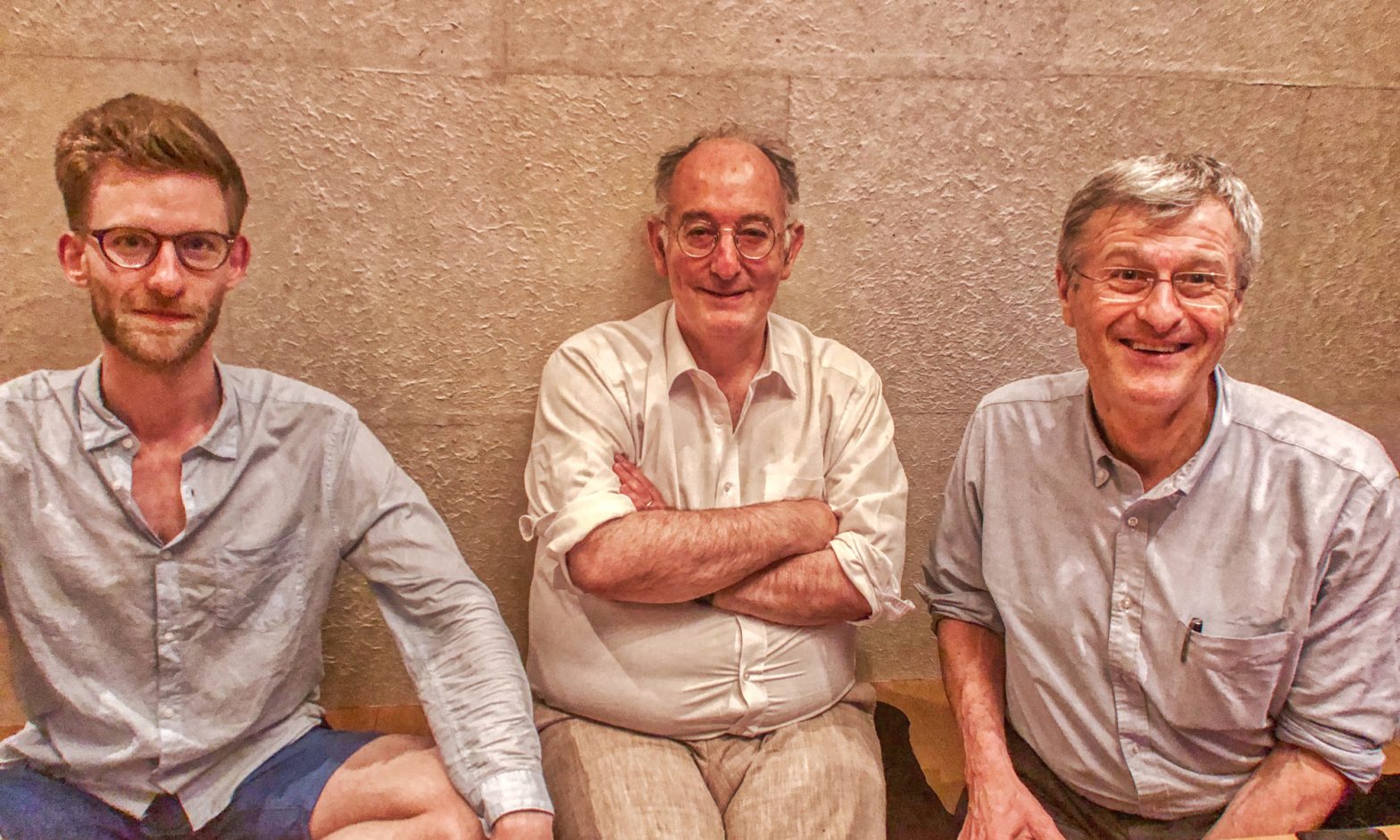

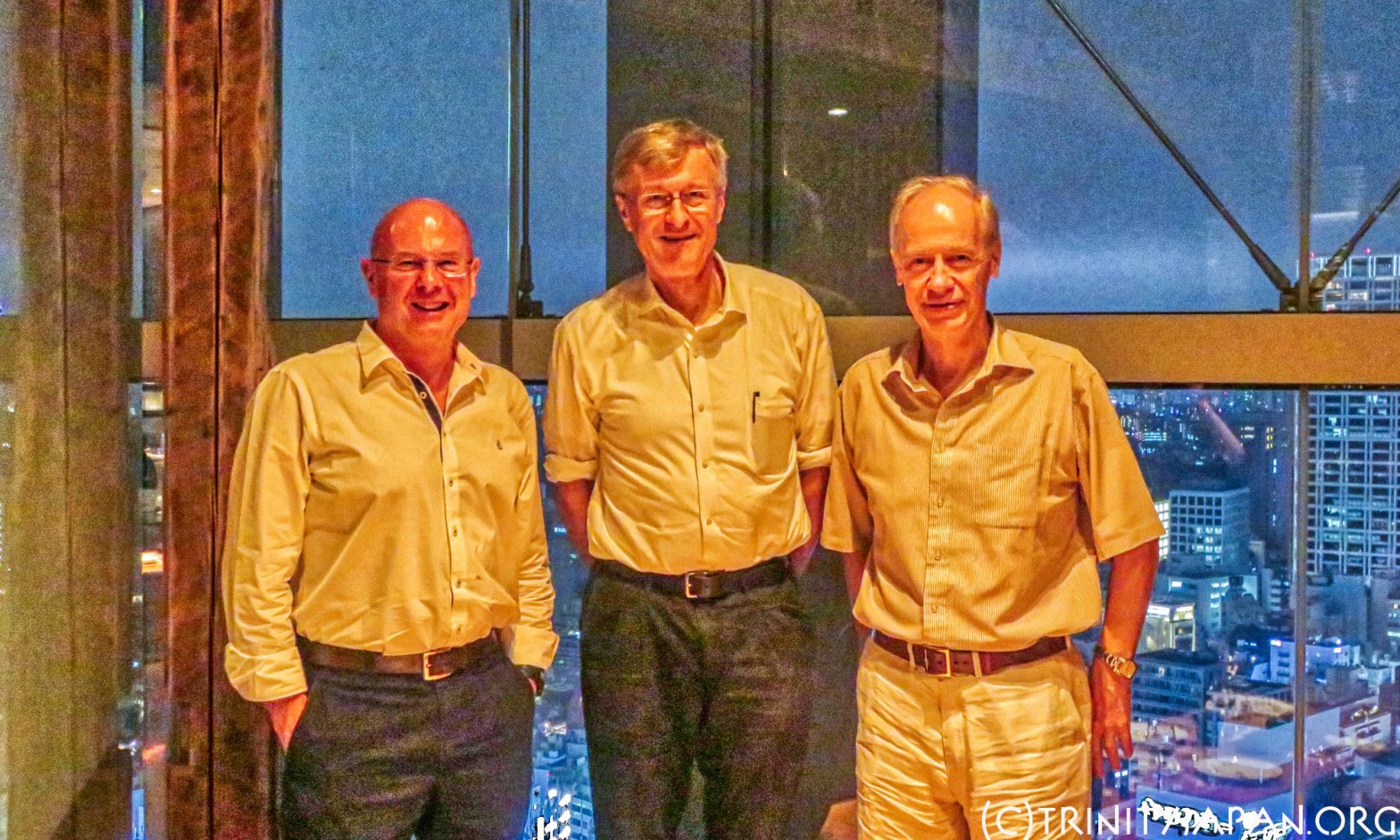



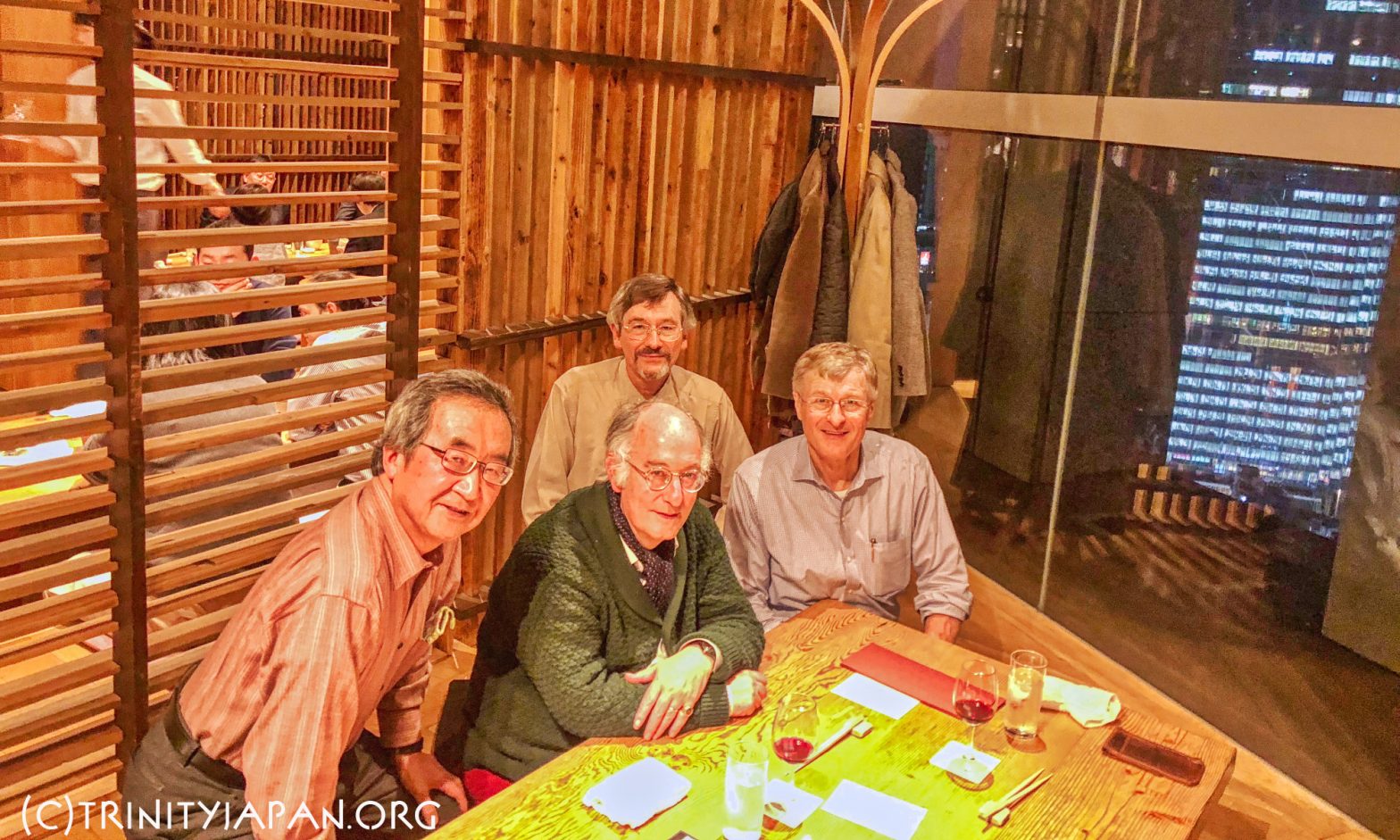





You must be logged in to post a comment.